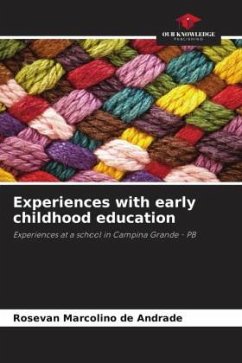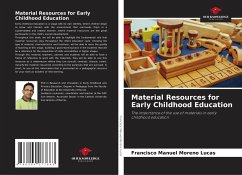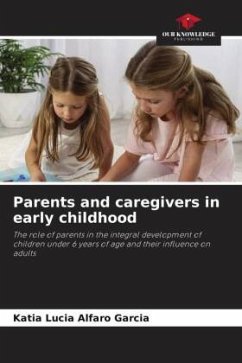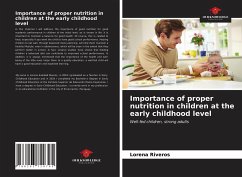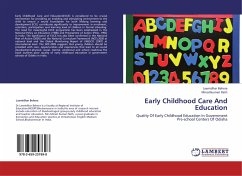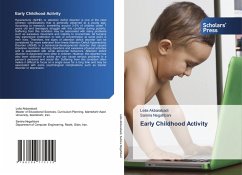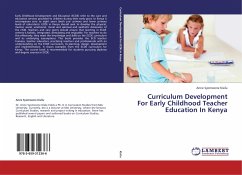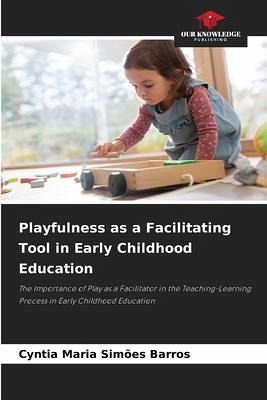
Playfulness as a Facilitating Tool in Early Childhood Education
The Importance of Play as a Facilitator in the Teaching-Learning Process in Early Childhood Education
Versandkostenfrei!
Versandfertig in 6-10 Tagen
56,99 €
inkl. MwSt.

PAYBACK Punkte
28 °P sammeln!
This study investigates the importance of play as a facilitating tool for teaching-learning in early childhood education with the clientele of the 1st and 2nd periods, being children aged four to five years. Individualized as a qualitative and quantitative research, the study aims to find out whether the playful techniques are being applied daily in the classes taught by teachers from public and private schools. For data collection, a brief history about early childhood education was made and, after that, a questionnaire was applied to managers, pedagogues, and teachers. After that, classroom ...
This study investigates the importance of play as a facilitating tool for teaching-learning in early childhood education with the clientele of the 1st and 2nd periods, being children aged four to five years. Individualized as a qualitative and quantitative research, the study aims to find out whether the playful techniques are being applied daily in the classes taught by teachers from public and private schools. For data collection, a brief history about early childhood education was made and, after that, a questionnaire was applied to managers, pedagogues, and teachers. After that, classroom observations were made on the daily routine of the classes. Two administrators, two pedagogues, and ten teachers participated in this research. It is concluded that the use of playful techniques should happen daily in the proposed classes and that the educator should be aware that it is extremely necessary and important for the students' learning.



